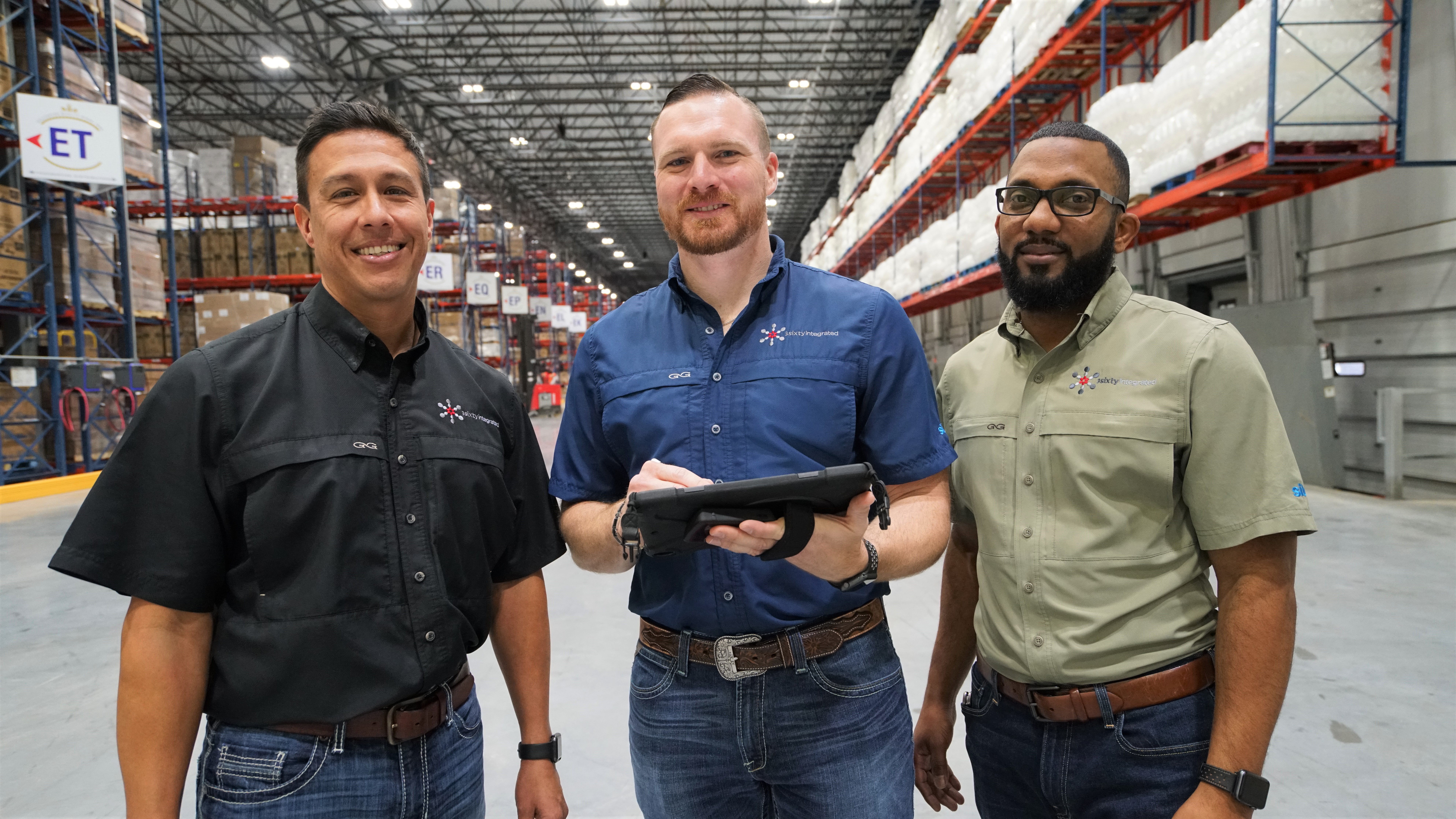
Installation protocols are an important part of enterprise security best practices. When hiring someone to complete a security system installation, enterprises may choose electricians rather than engineers to perform this crucial task. They choose electricians as these individuals may offer a much shorter term, lower cost contract than an integrator, and can complete the job faster as a result. However, saving time in the beginning can cost enterprises later on.
Incorrect installation can shorten the life of a system and requires time consuming, costly repairs. In order to avoid potential problems further down the line, it’s important to remember there is a lot more to electronic security systems than electricity. Integrated security system installation is something best handled by an engineer. Here are the reasons why:
Electricians Vs. Engineers: Who’s Most Qualified for Security Installations?
Security installations combine a wide range of disparate processes, devices, and requirements. Some of this will include electrical cabling, which is why enterprises may turn to electricians. However, when comparing some of the steps required in these installation procedures, engineers offer more expertise.
Procurement of devices and components
Electrician
An electrician will not usually provide the equipment. Instead, they’re hired to install equipment after purchase. If they do provide equipment, it will often be for a specific vendor.
Engineer
Engineers will advise enterprises on different options and purchase approved devices on their behalf. They will also bring all the necessary installation tools and components.
Device optimization and integration
Electrician
Typically, electricians focus on delivering power to devices and not data. As a result, they may be able to get a device on the enterprise’s power grid, but may not be capable of adding it to the network.
Engineer
As an engineer’s job is to provide supportive infrastructures, this is an area where they excel. These individuals combine various systems and devices to ensure they work as one cohesive unit.
Overall process communications
Electrician
The relationship between an electrician and an enterprise is short lived. They arrive for the installation of the component, complete the job and then the contract ends. As such, there’s minimal communication both during the process and afterward.
Engineer
Engineers communicate with the enterprise throughout the entire life of a device, from installation to maintenance and replacement. Some are supported by intuitive software which provides detailed information on the status of all projects.
Disposal of old devices
Electrician
Responsibility will depend on the materials and is outlined in the contract. Some devices and components require specialized disposal which may not be available to the electrician.
Engineer
Engineers can handle the disposal of all outdated components and devices. As they work with so many systems, they are familiar with a wide range of disposal requirements.
Engineers are better suited to the task of installing enterprise security systems as they’re familiar with a lot more than the system’s electronic needs. They’ll also have access to and knowledge of a wider range of vendors, for adding specialized technology like license plate recognition, shooter detection systems and more.
Enterprise Security Best Practices for Choosing an Engineer
Engineer is a broad term, even in a narrower field like electronic security. Enterprises must choose an engineer well versed in the integration of security systems specific to their industry. Finding an engineer who’s also an expert integrator means looking at several critical components to include:
- Company culture. Security integrators are more likely to establish a culture of excellence to ensure every engineer on staff knows the specific processes in place for installation. Companies that support this culture with continuous improvement and individual achievement will result in better customer service. Engineers will be encouraged to take classes and stay up to date on security industry innovations.
- Value engineering. This approach to engineering is designed to optimize old systems before installing new ones. By creating a digital blueprint and inventory of existing devices, security integrators discover how to make improvements while cutting costs for enterprises. The engineer will start with a full system review and then look at ways existing components can work together to solve problems. They will make detailed recommendations and point out gaps in security.
- Flexible installation schedule. Enterprises can not take the business disruption of shutting down an entire surveillance or access control system at once. It would cause a massive loss to the enterprise. Security integrators can create a rotating installation schedule to minimize system downtime and business disruptions.
- Maintenance and support. One of the most frustrating parts of maintaining security systems comes from service tickets. It can be difficult to determine who is responsible for handling what device, as well as what warranties apply. A good integrator will offer supportive software that enterprises can use to monitor all their devices and send service tickets right from the dashboard.
Because it is the most important enterprise security best practice, installation should include what type of experts enterprises will hire for upgrades. Engineers with a strong background in integration are ideal resources as they’re capable of handling systems as a whole. When choosing between an electrician or engineer for even a small installation job, the engineer will always be the better option. Engineers have the comprehensive knowledge, industry experience and resources needed to install systems and maintain them for their entire useful life.
3Sixty Integrated offers engineer supported installation that enhances an entire security system while minimizing downtime. Our SiteOwl software provides real-time updates of every device in the network, allowing you to stay on top of infrastructure issues. For more information, call (210) 545-1770 or fill out our contact form.

